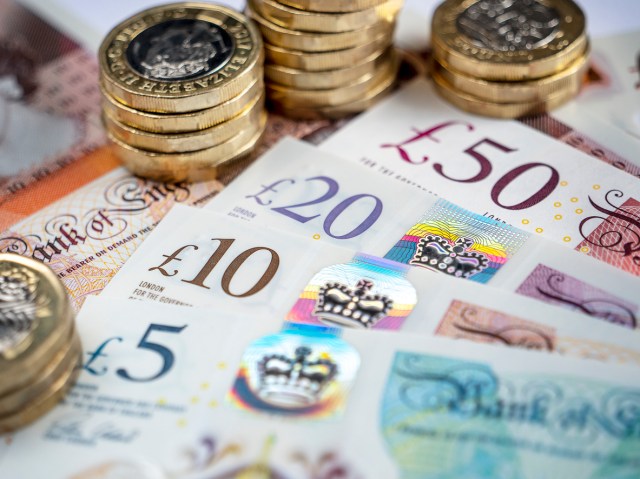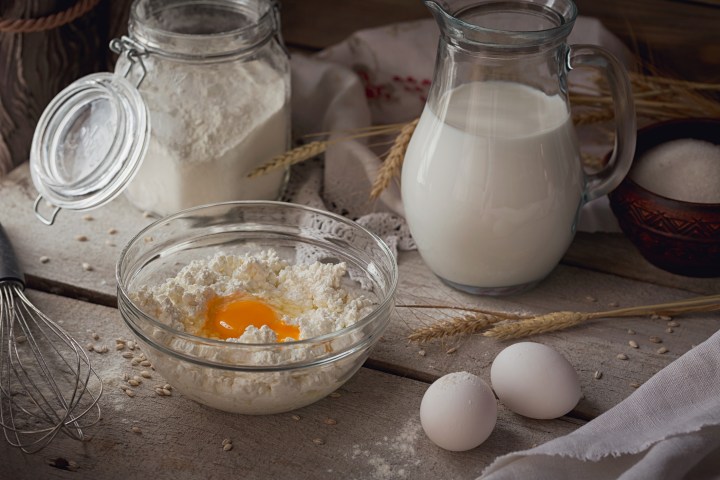How to tell if your teenager is depressed
Ever been faced with a moody, snappy or truculent teenager? It isn’t easy to know how to react if your son or daughter seems depressed and sad and many teenagers find it hard to talk about their feelings, especially to their parents! Depression actually affects as many as 10-15% of teenagers. Shirley Reynolds, one of the authors of Teenage Depression – A CBT Guide for Parents, talks us through how to recognise teenage depression, and how you can support your child.
How can I tell if my son or daughter is just being moody? How would I know if they have depression and might benefit from professional help?
Depression lasts for longer than usual moods and irritability. If your son or daughter has periods when they are not low and they are able to enjoy life in their usual way it is not likely that they have depression. If your child has been sad, low, irritable or has not been able to enjoy life for at least 14 days then this can be a sign of depression. It’s hard to know for sure if someone has depression so encourage them to go and see your GP and go with them if they are OK with that.
What other symptoms of depression should I be looking out for?
Depression is not only about feeling sad or low. Depression can also be indicated when people stop enjoying things; when things just aren’t fun anymore. For teenagers, being irritable, grumpy or snappy can also be a symptom of depression. Problems with sleep, concentration and motivation problems, lack of energy and hopelessness are also common symptoms of depression in teenagers.
What should I do if I think my son or daughter is depressed?
Talk to your son or daughter first and let them know you have noticed that they don’t seem quite as usual. Tell them that you would like to help. They may not want to talk to you but you will have let them know that you are worried about them. This will show them that you care. Don’t smother them but make sure that they are able to talk to you when they feel able.
What kinds of treatments are most helpful for depression in teenagers?
There are a number of effective treatments for young people who are depressed. Teenagers usually benefit from having psychological therapy. Most often this is Cognitive Behavioural Therapy (CBT) but there are other effective therapies including Interpersonal Psychotherapy (IPT) and Family Therapy. Your therapist should be specially trained to work with under-18s. Sometimes medication is helpful and this is usually offered alongside a psychological therapy. Medication should only be prescribed to under-18s by a child and adolescent psychiatrist and must be reviewed regularly.
Anything else I should know?
Yes. Make sure that you look after yourself too. It’s natural to worry about your son or daughter. But you will be most helpful to them if you are well yourself.








